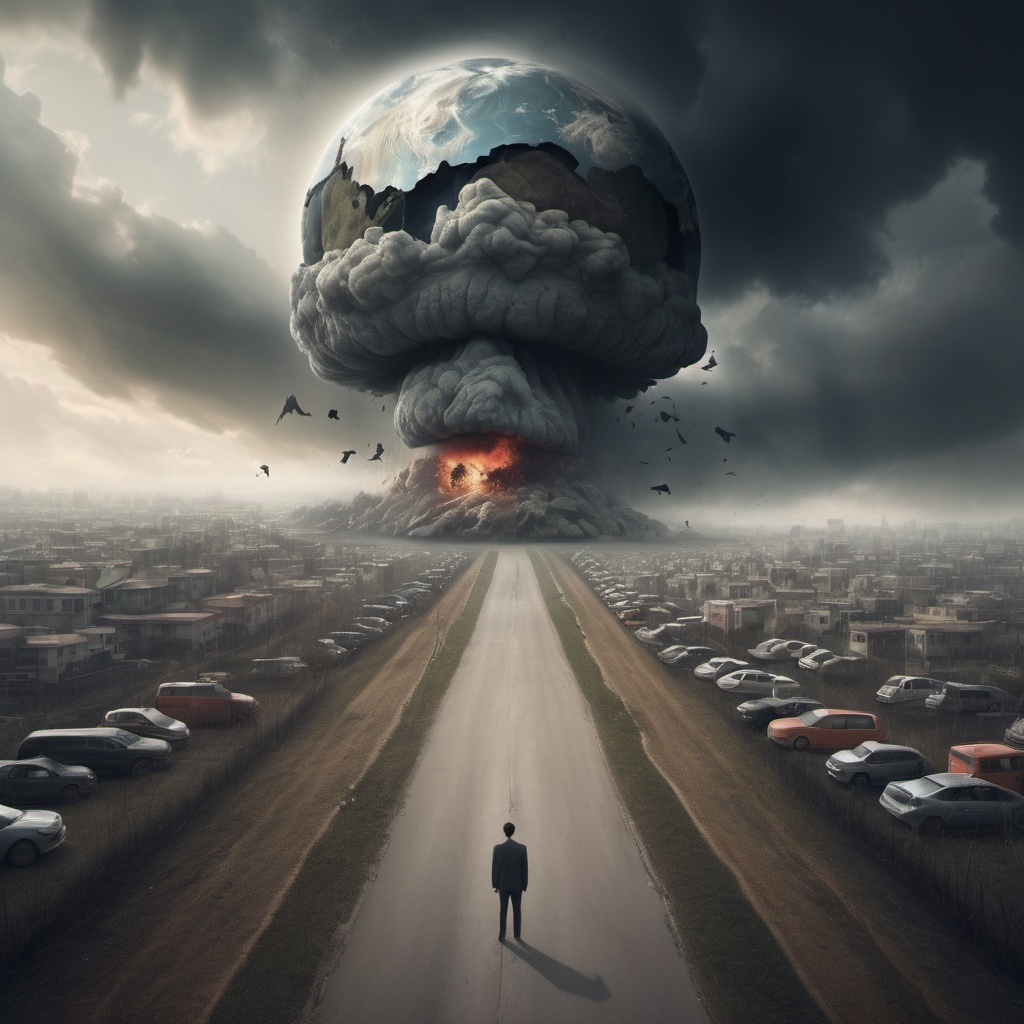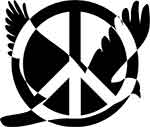
In a world increasingly marked by fragmentation, the dangers of our collective failure to come together in peace have never been more apparent. With the growing threats of climate change, economic inequality, political instability, and armed conflict, the call for global unity has never been more urgent. Yet, despite the rising stakes, humanity remains deeply divided—each nation or faction pursuing its own interests, often at the expense of the larger global good.
A Divided World: The Ticking Clock The climate crisis, perhaps the most pressing challenge of our time, offers a stark example of what happens when countries fail to unite. In 2023, the United Nations climate conference concluded with mixed results—ambitious pledges were made, but many nations, particularly those in the Global North, fell short of their commitments. Meanwhile, countries in the Global South, which bear the brunt of climate-related disasters, continue to struggle for financial and technological support. The result? Increasingly devastating wildfires, floods, and droughts that know no borders. As the planet heats up, the need for cooperation becomes ever more critical. Yet, instead of solidarity, we see a rise in nationalism, protectionism, and isolationism, further undermining efforts to address a global problem that affects us all. If the international community continues to bicker over short-term gains rather than coming together for the long-term survival of our species, the consequences could be catastrophic.
Economic Inequality: A Breeding Ground for Conflict Another danger of a divided world is the widening gap between rich and poor. While global wealth has increased, it has been concentrated in the hands of a few. According to the International Labour Organization, the richest 1% of the global population now holds more wealth than the bottom 90% combined. This inequality fuels social unrest and political instability, contributing to the rise of extremist movements and authoritarian regimes that prey on public discontent. The economic disparities between nations are no less troubling. While affluent countries enjoy unparalleled access to resources and technology, the developing world continues to struggle with poverty, disease, and political corruption. The failure to bridge this gap risks fueling new conflicts, as nations compete for dwindling resources in a world marked by increasing scarcity. The specter of war over water, food, and energy looms large, with the potential to destabilize entire regions.
Political Instability: The Erosion of Trust At the heart of these global challenges is the erosion of trust between nations. In recent years, we have witnessed a breakdown in international diplomacy, with established alliances faltering and multilateral institutions like the United Nations facing growing criticism for their inability to address pressing issues. The rise of populist and nationalist leaders has further complicated matters, as political agendas shift toward “America First,” “Brexit,” and similar isolationist policies. When global institutions fail to function effectively, countries are left to fend for themselves. This isolationism breeds mistrust and competition rather than cooperation. The recent conflicts in Ukraine, Syria, and the SouthChina Sea are poignant reminders that without collective action, the world risks spiraling into greater fragmentation, where diplomatic ties dissolve and military confrontations escalate.
A Path Forward: The Imperative of Global Unity The path to peace and prosperity lies in our ability to transcend national boundaries and prioritize the well-being of all humanity. It is not enough to simply acknowledge the interconnectedness of the world; we must act on it. This means strengthening international institutions, fostering cooperation between nations, and embracing a shared responsibility for the future of the planet. Education will play a crucial role in this endeavor. By teaching future generations about the importance of empathy, cooperation, and shared global goals, we can cultivate a more peaceful and collaborative world. Additionally, we must hold governments accountable for their role in global governance, ensuring that policies are rooted in diplomacy and collaboration rather than division and competition. The dangers of a fragmented world are too great to ignore. From climate collapse to economic inequality and rising geopolitical tensions, the risks of inaction are dire. But there is still time to course-correct. It is within our power—if we choose to embrace it—to build a future where global unity is not a lofty ideal, but a reality for all. In the end, the question is simple: Can we come together in peace before it’s too late? The answer to that question will determine not only the fate of nations, but the very future of humanity itself. The clock is ticking—let’s act before it runs out.
Article by: Natasha Souza: Volunteer Staff Member Peace Resource Center
